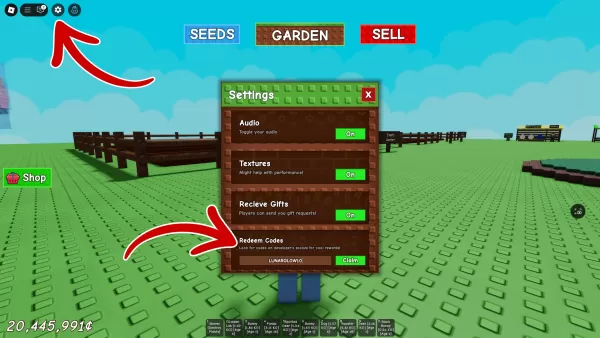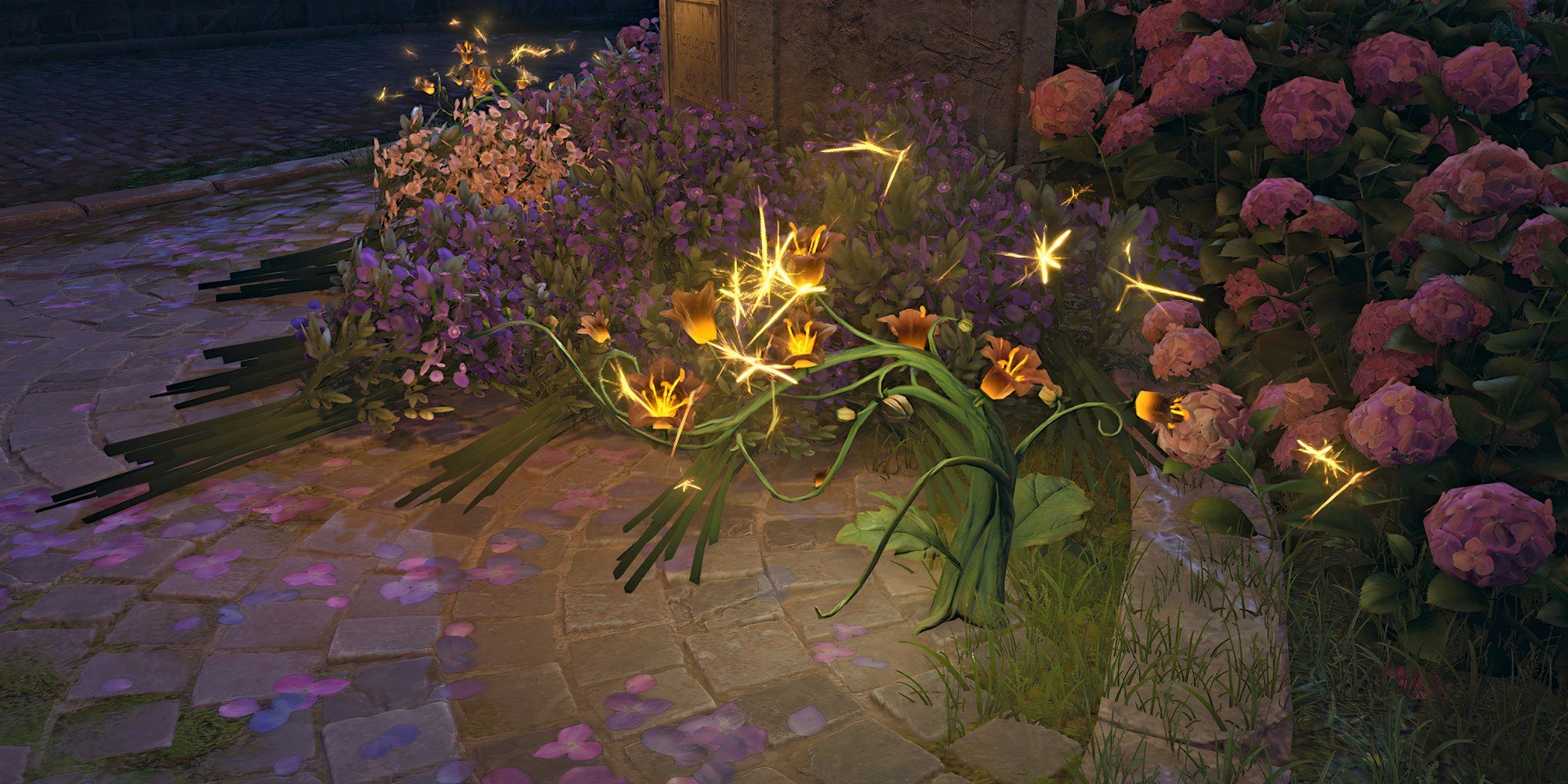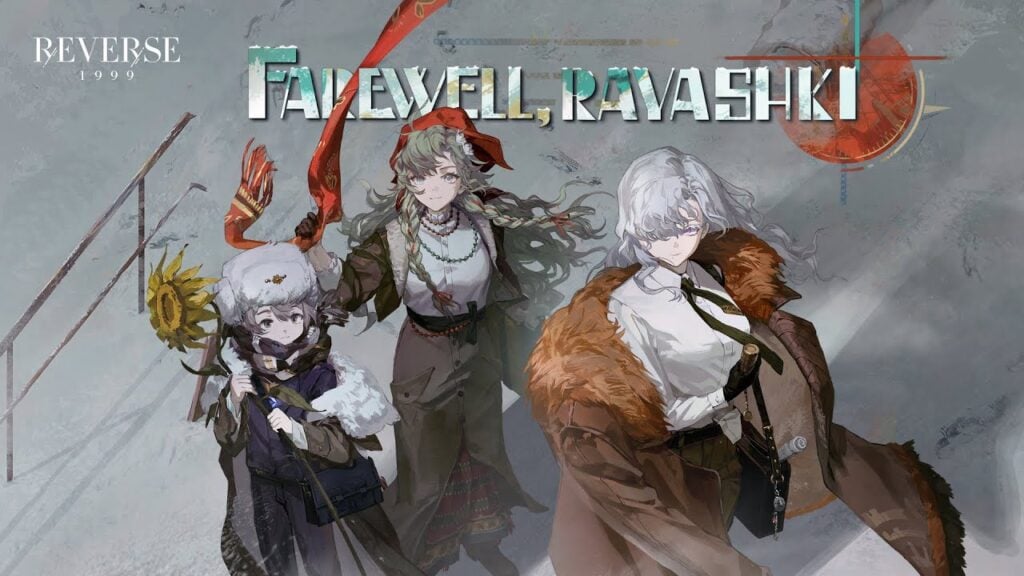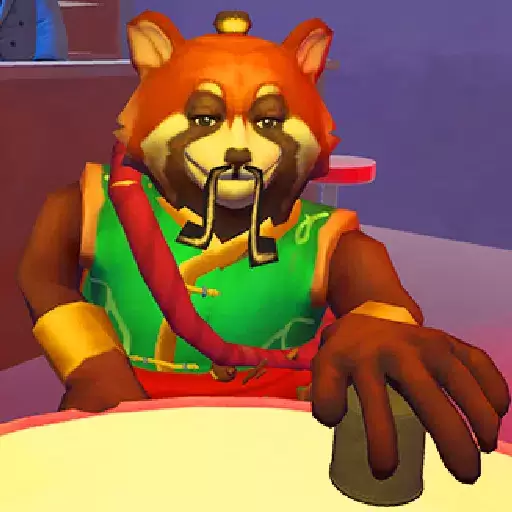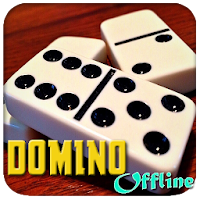When it comes to entertaining a large group of friends at a party or gathering, finding the right board game can transform your event into a memorable, fun-filled experience. Fortunately, the world of tabletop gaming offers a variety of engaging options that can comfortably accommodate up to 10 or more players. Whether you're looking for something light-hearted and social or a game that scales well with larger groups, we've got you covered with the best party board games to play in 2025. For those seeking games suitable for all ages, be sure to explore our list of the best family board games as well.
TL;DR: The Best Party Board Games
- Link City (2-6 players)
- Caution Signs (3-9 players)
- Ready Set Bet (2-9 players)
- Challengers! (1-8 players)
- That's Not a Hat (3-8 players)
- Wits and Wagers: Party (4-18 players)
- Codenames (2-8 players)
- Time's Up – Title Recall (3+ players)
- The Resistance: Avalon (5-10 players)
- Telestrations (4-8 players)
- Dixit Odyssey (3-12 players)
- Wavelength (2-12 players)
- One Night Ultimate Werewolf (4-10 players)
- Monikers (4-20 players)
- Decrypto (3-8 players)
Link City
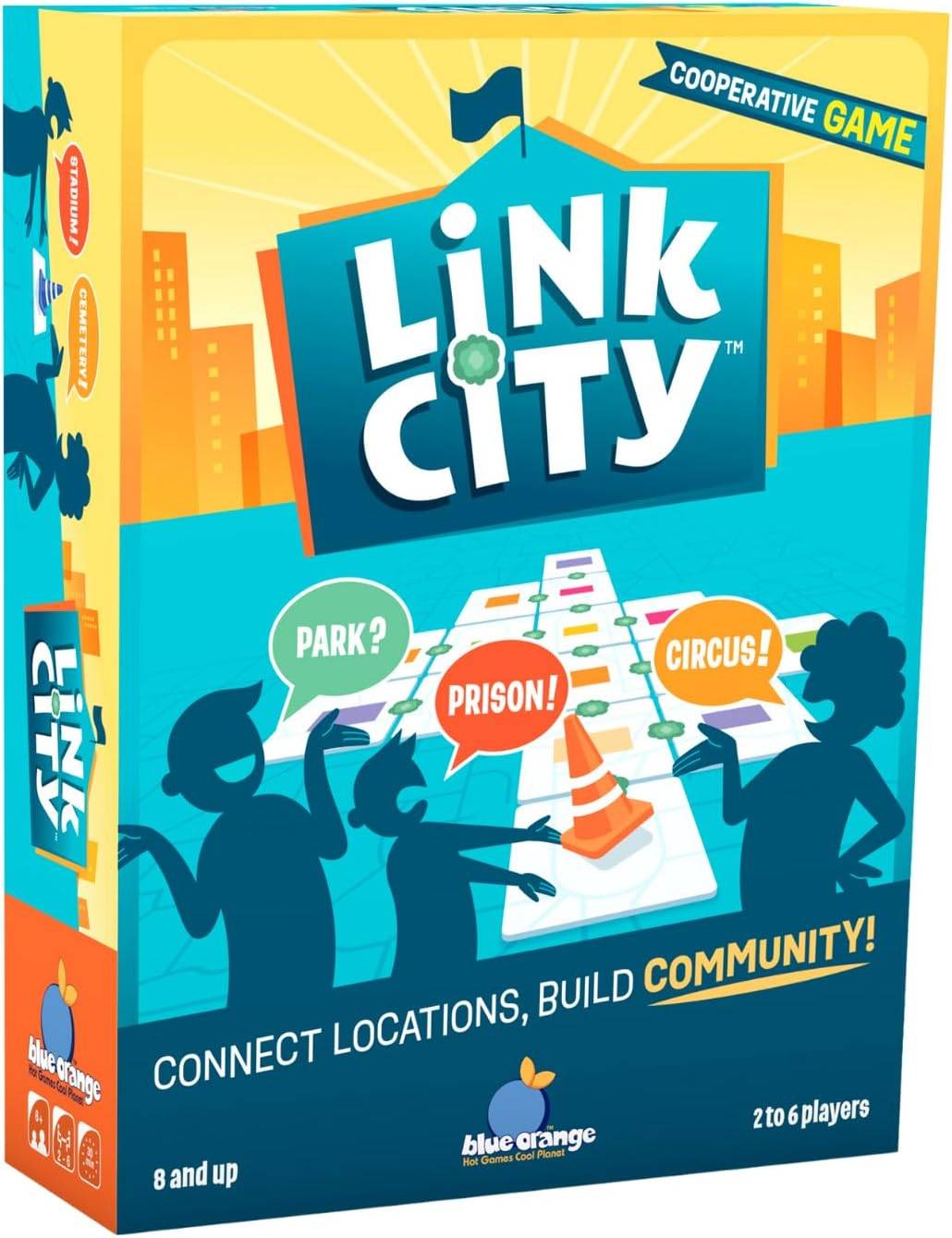
Players: 2-6
Playtime: 30 minutes
Link City is a unique cooperative party game where players collaborate to build the most eccentric town possible. Each round, one player becomes the mayor and secretly decides where three randomly-drawn location tiles should be placed in the city. The mayor then reveals the tiles but not their intended locations, challenging the group to guess correctly. Each correct guess earns a point, but the real fun lies in the laughter over bizarre combinations, like an alien abduction site between a cattle ranch and a daycare center.
Caution Signs
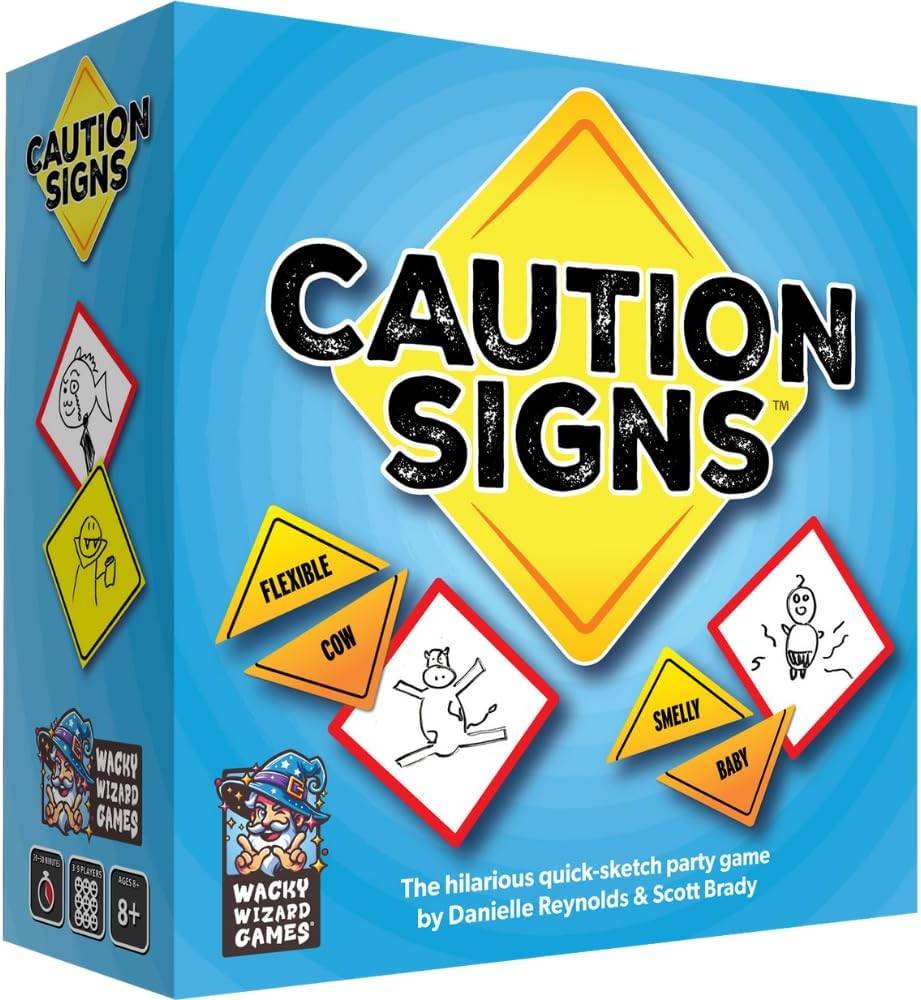
Players: 2-9
Playtime: 45-60 minutes
Caution Signs is perfect for those who find amusement in the quirky nature of roadside warning signs. Players receive cards with unusual combinations of nouns and verbs, such as "rolling rabbits" or "pretty crocodiles," and must draw a caution sign to represent these odd hazards. One player acts as the guesser, adding to the fun with inevitable misinterpretations and humorous guesses.
Ready Set Bet
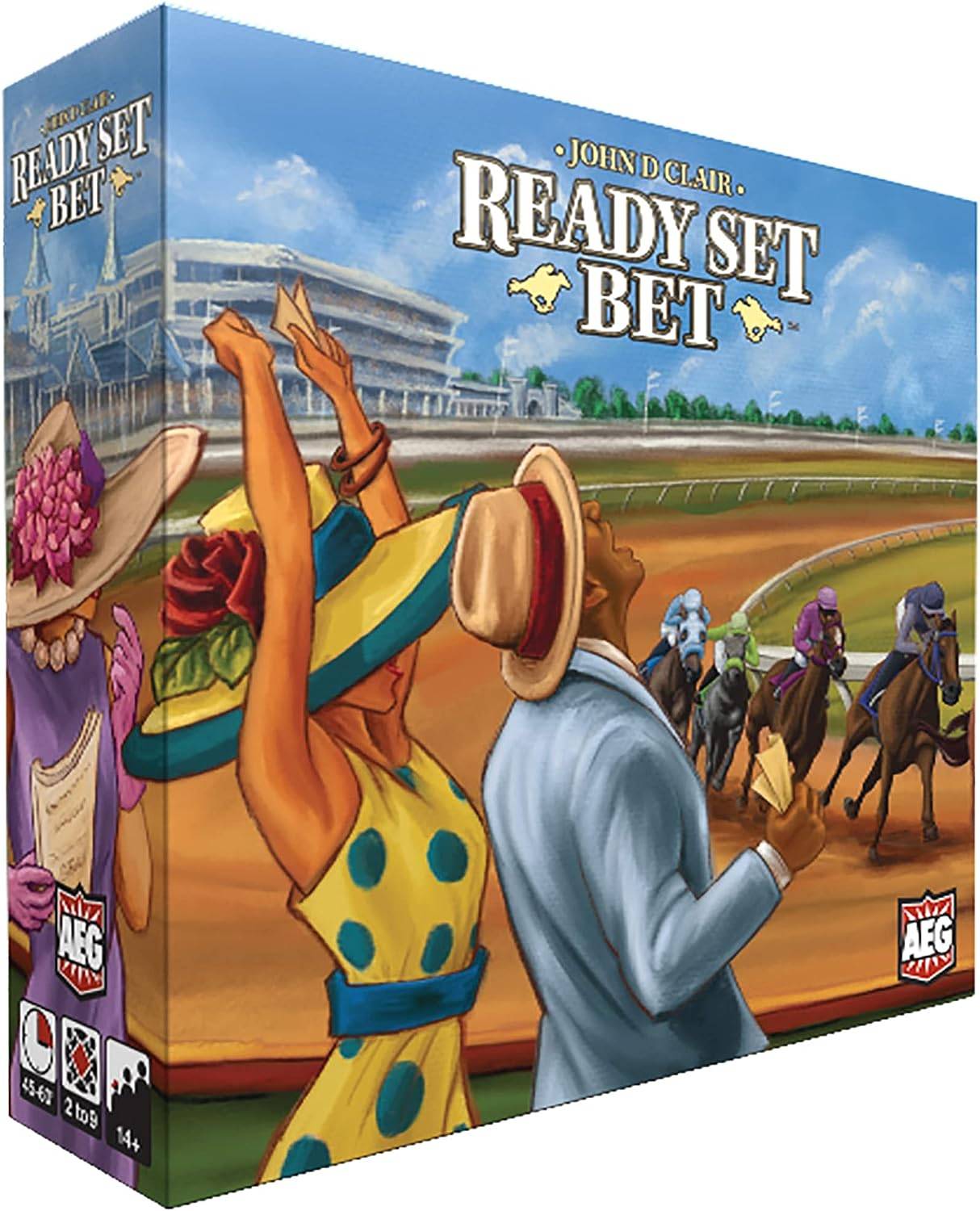
Players: 2-9
Playtime: 45-60 minutes
Ready Set Bet is a lively horse-racing game where the thrill comes from placing early bets for higher payouts. The race, managed either by a player or an app, uses dice to determine outcomes, encouraging players to bet on individual horses or color groups. The game's variety is enhanced by prop bets and exotic finish bets, ensuring everyone stays engaged and excited throughout the race.
Challengers!
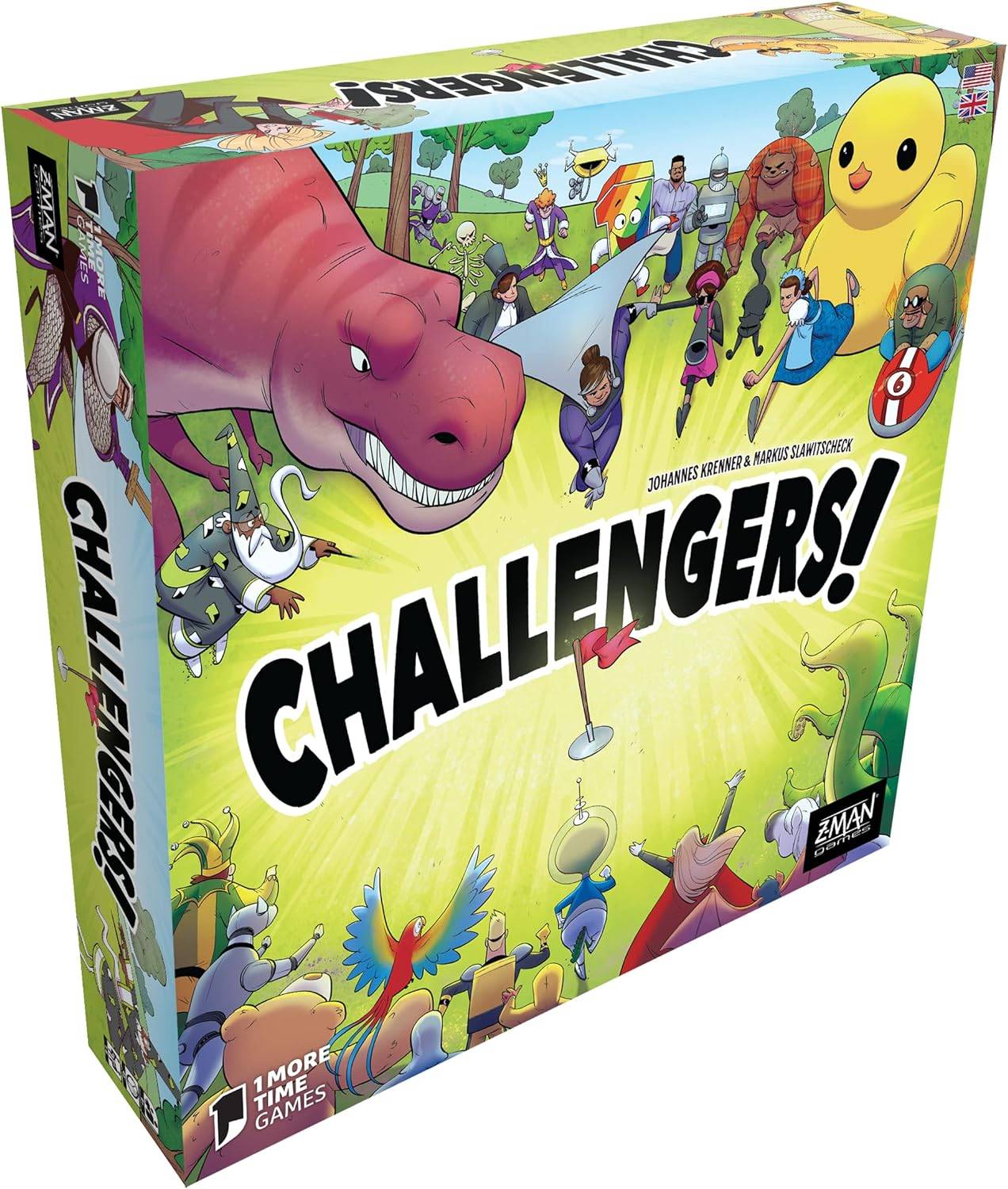
Players: 1-8
Playtime: 45 minutes
Challengers! is an innovative party game that transforms the auto-battler video game concept into a tabletop format. Players build decks and compete in pairs, flipping cards to determine winners and losers. The game is fast-paced, addictive, and strategic, offering both competitive play and casual enjoyment with its unpredictable matchups.
That's Not a Hat
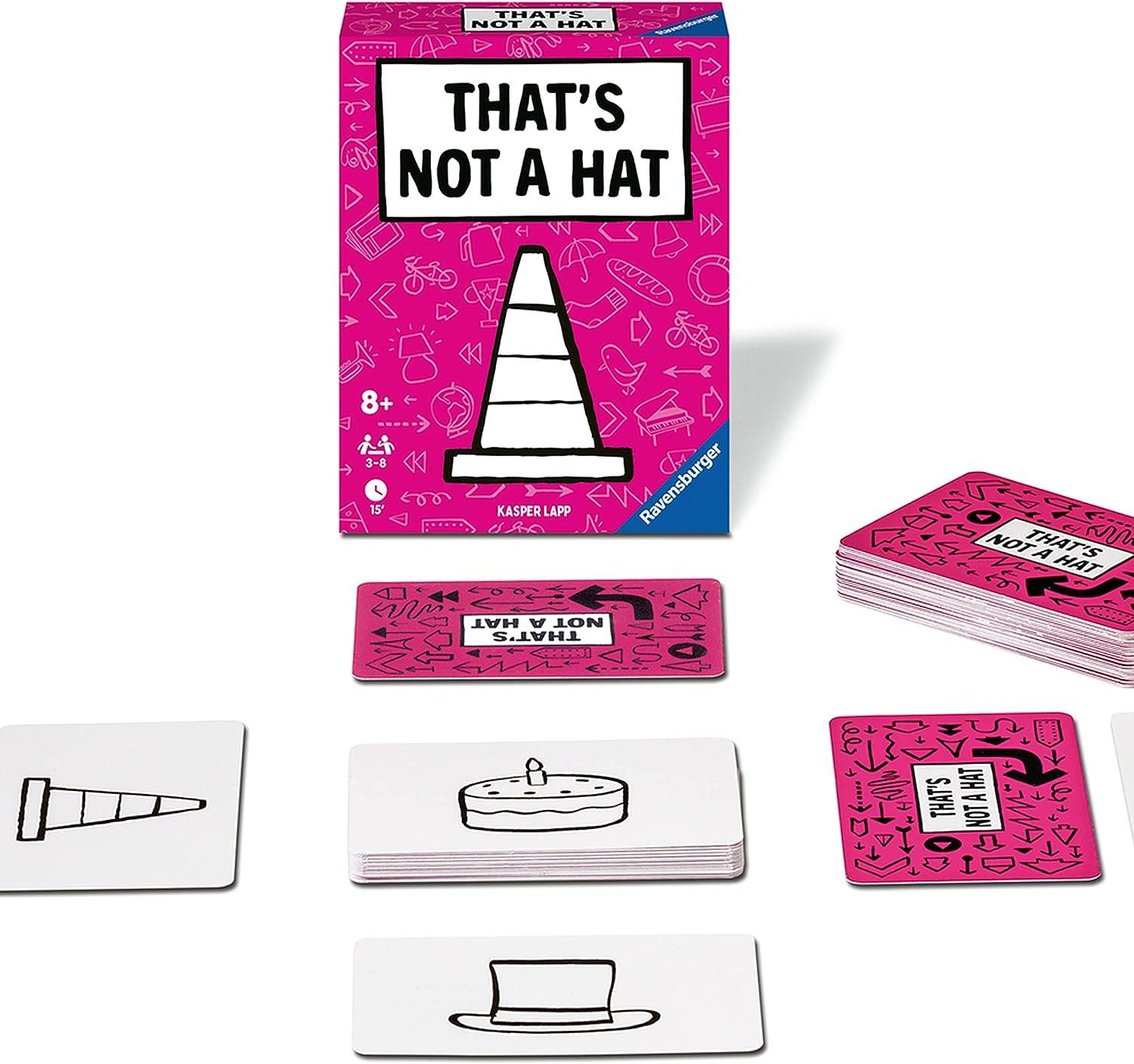
Players: 3-8
Playtime: 15 minutes
That's Not a Hat combines bluffing and memory into a compact yet entertaining game. Players receive cards depicting everyday objects, and the start player draws another card. All cards are flipped face down, and players pass them around, stating what they believe the card represents based on memory. If someone suspects a lie, they can challenge the guesser, adding tension and humor to the game.
Wits and Wagers
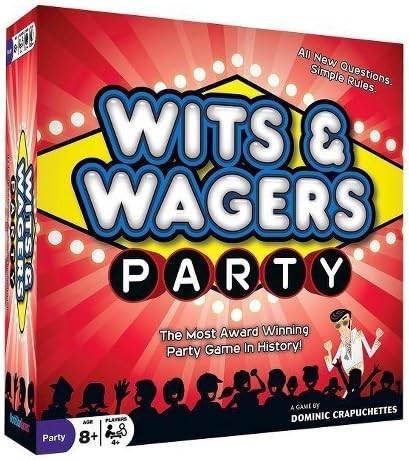
Players: 3-7 (standard), 4-18 (party), 3-10 (family)
Playtime: 25 minutes
Wits and Wagers is a trivia game with a twist: instead of answering questions, players bet on the accuracy of others' answers. This approach makes it accessible to everyone, regardless of their knowledge level. The game comes in three versions, with the party version accommodating larger groups and featuring easier questions.
Codenames
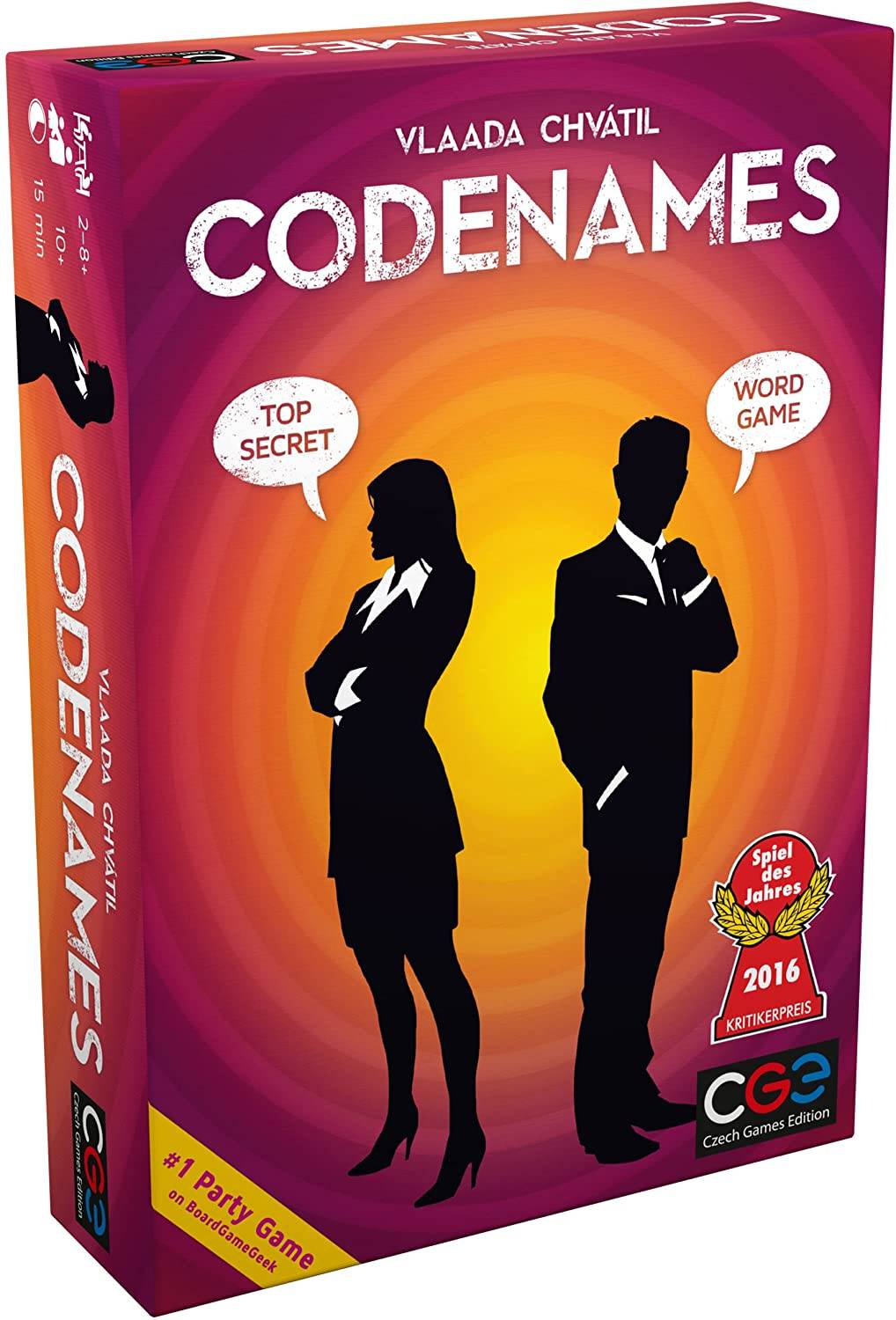
Players: 2-8
Playtime: 15 minutes
In Codenames, players are divided into teams, each with a spymaster who provides clues to help their team identify codewords on a grid. The spymaster's challenge is to give clues that are clear yet not too obvious, leading to strategic gameplay and humorous miscommunications. Multiple expansions add variety and replayability to this engaging game.
Time's Up – Title Recall
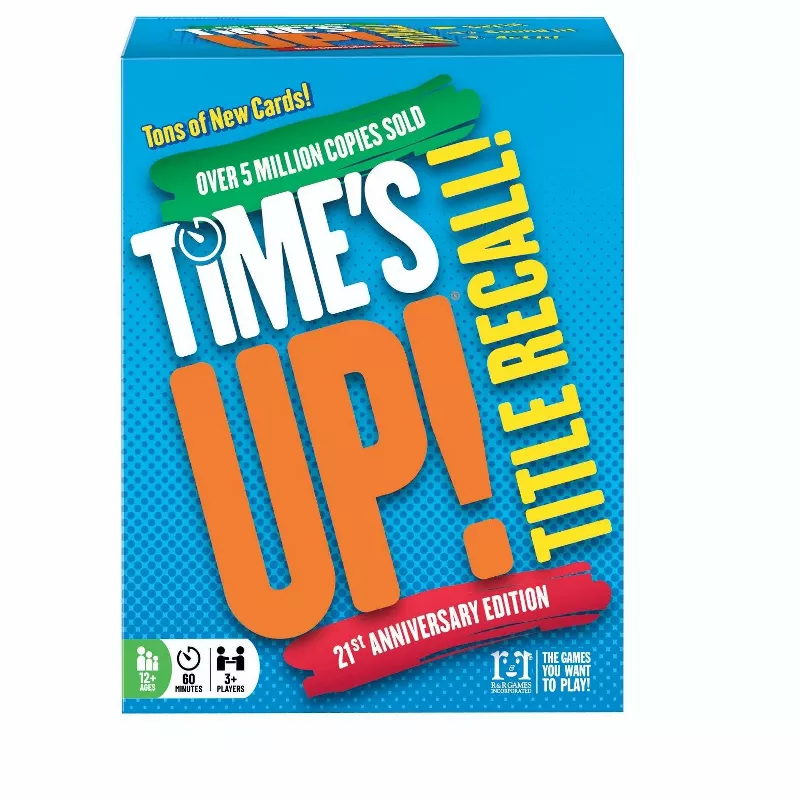
Players: 3+
Playtime: 60 minutes
Time's Up – Title Recall blends pop culture quizzes with charades, using cards with titles of famous films, TV shows, and songs. The game progresses through three rounds, each with increasing restrictions on clues, from verbal hints to one-word clues and finally pantomime. This format leads to hilarious associations and memorable moments.
The Resistance: Avalon
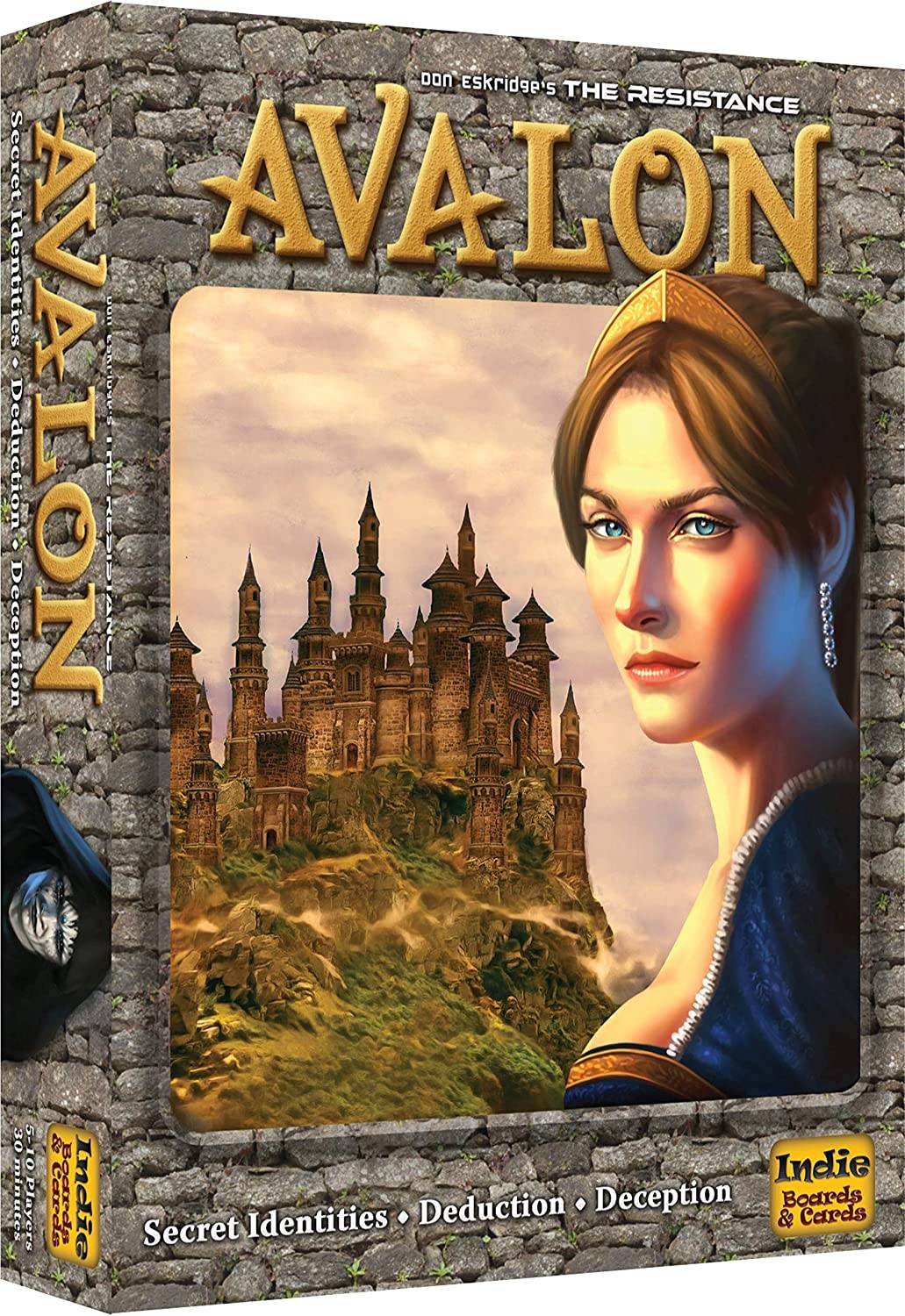
Players: 5-10
Playtime: 30 minutes
The Resistance: Avalon is a bluffing game set in King Arthur's court, where players must complete quests while uncovering traitors. Each player has a secret role, and the game's mechanics create an atmosphere of paranoia and intrigue. With various roles and powers, the game offers rich replayability and intense social interaction.
Telestrations
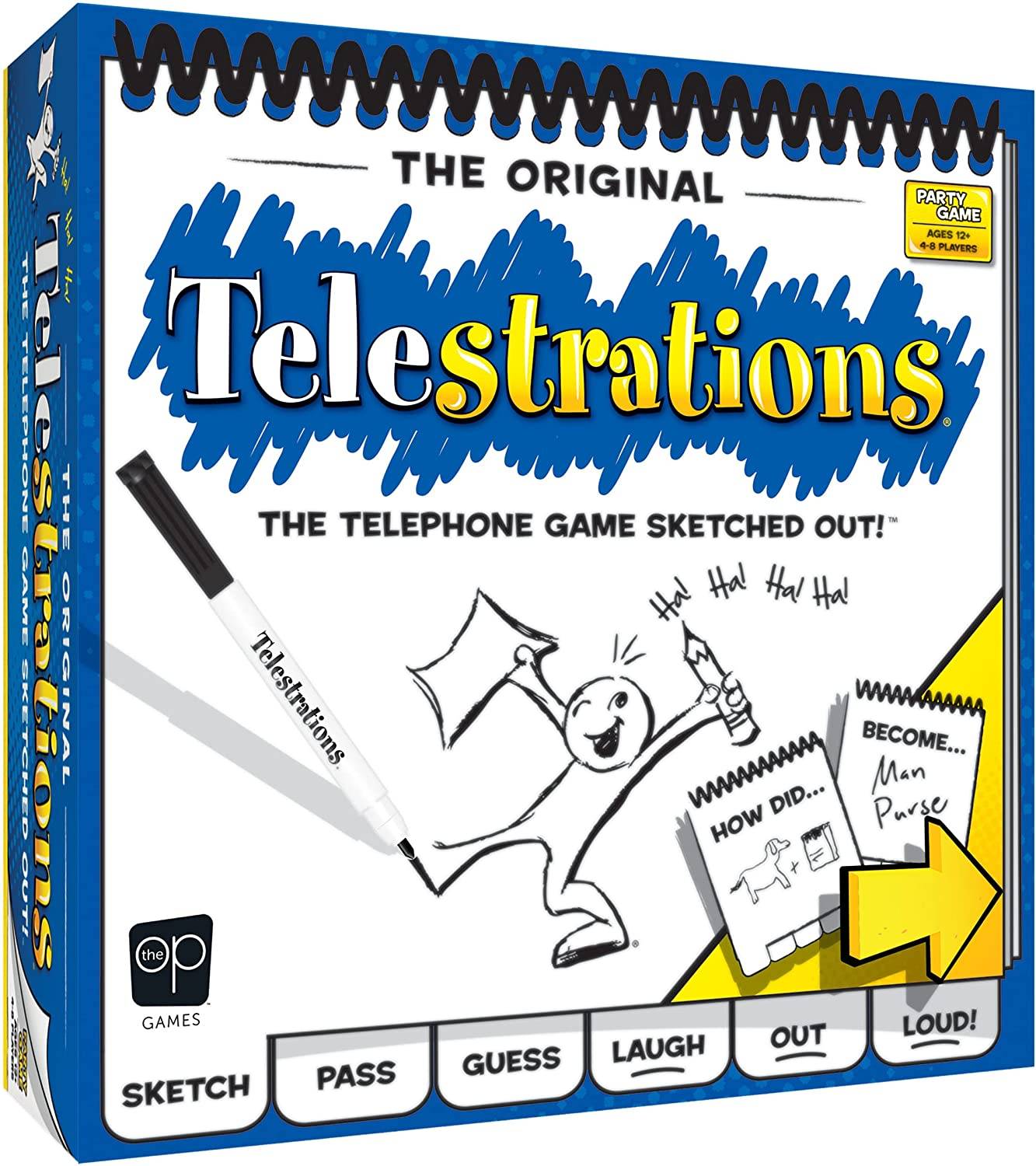
Players: 4-8
Playtime: 30-60 minutes
Telestrations is a drawing-based game similar to Chinese whispers, where players draw and guess phrases passed around the table. The game's hilarity comes from the inevitable misinterpretations and amusing drawings, making it a great choice for lively gatherings. Expansions are available for larger groups and more adult-oriented play.
Dixit Odyssey
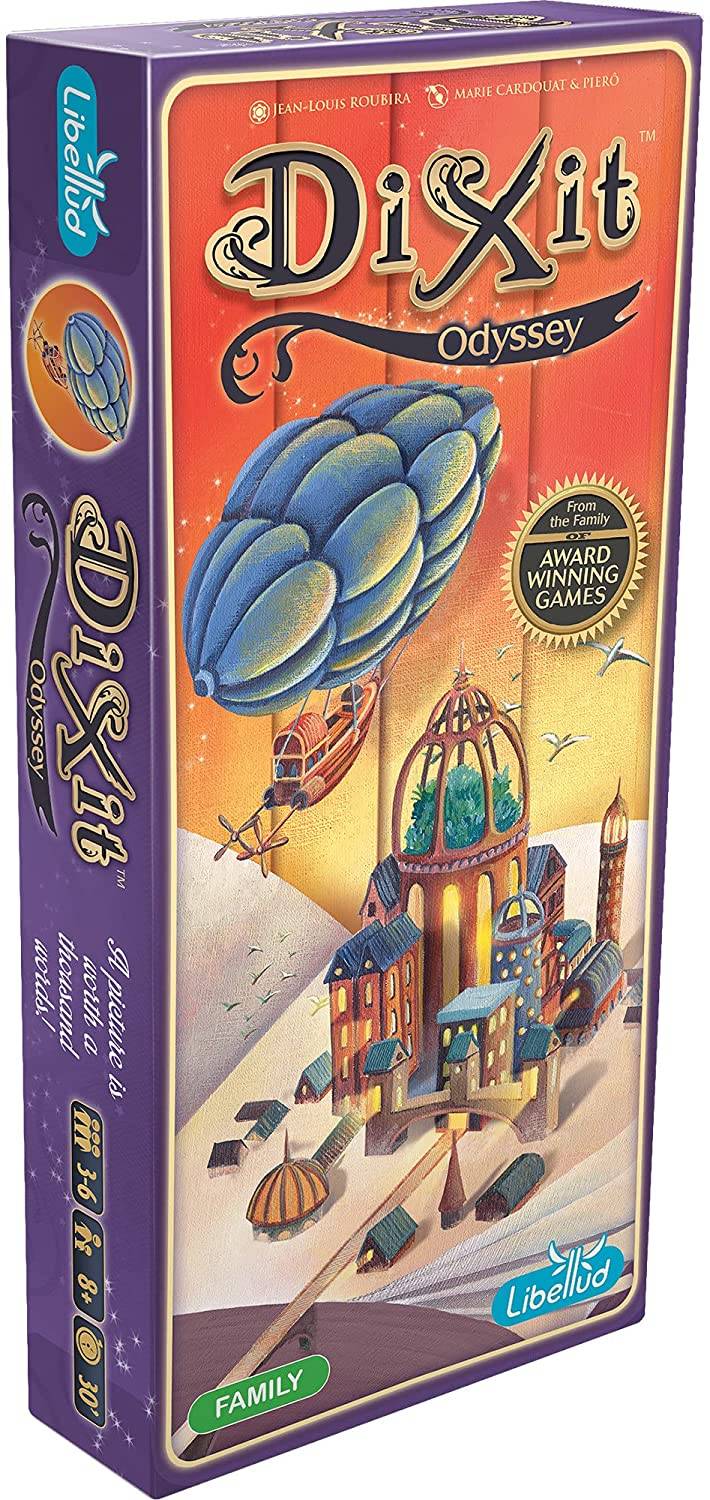
Players: 3-12
Playtime: 30 minutes
Dixit Odyssey expands on the original Dixit, a storytelling game where one player, the storyteller, describes a card from their hand, and others choose cards that fit the description. The game's beauty lies in its surreal artwork and the creativity it encourages, making it a perfect conversation starter and a fun way to engage players of all ages.
Wavelength
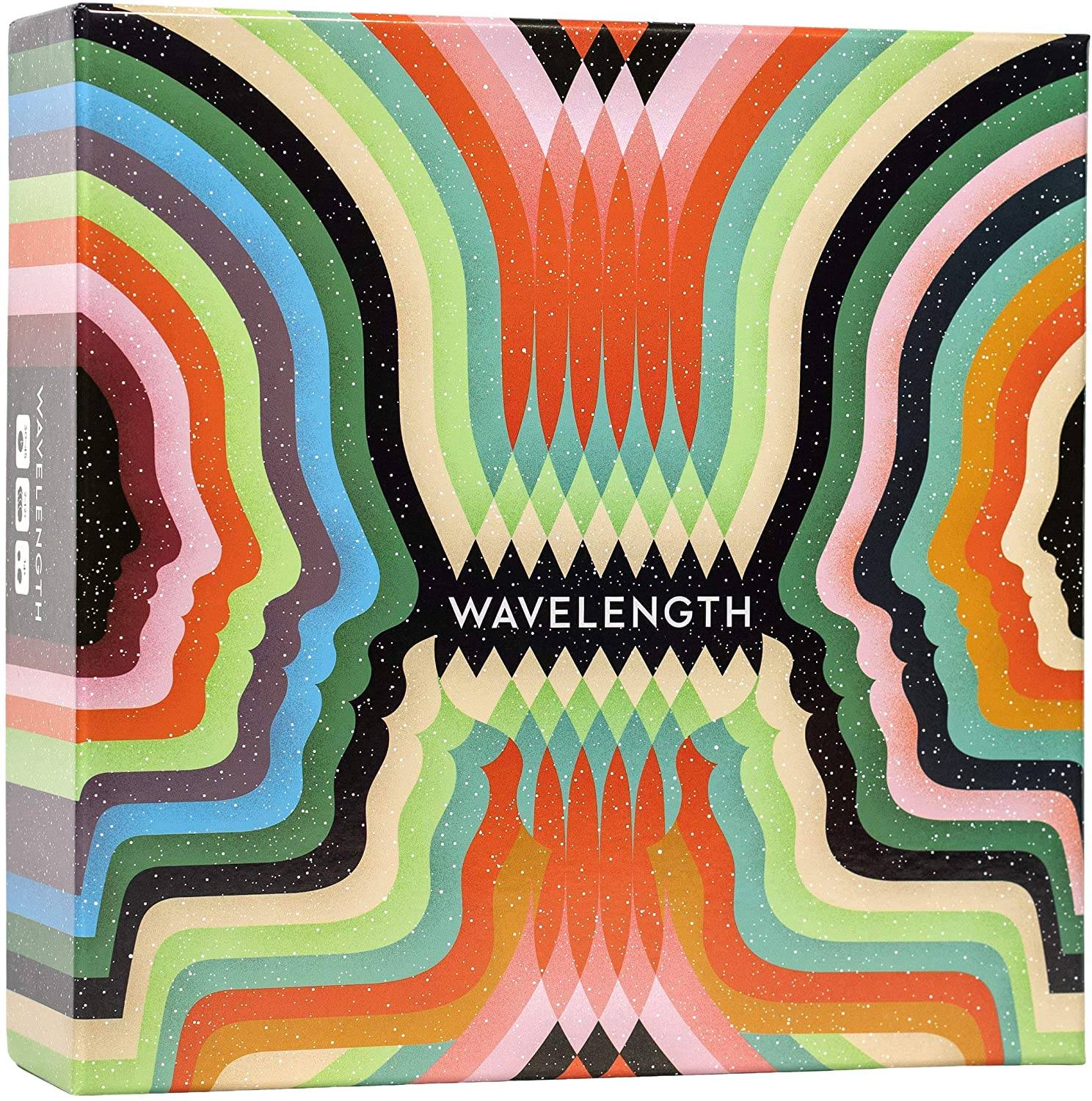
Players: 2-12
Playtime: 30-45 minutes
Wavelength introduces a new twist to guessing games by focusing on players' opinions rather than trivia. Players give clues to guide their team to a point on a spectrum between two extremes, such as "straight" and "curvy." This subjective approach fosters lively discussions and makes the game enjoyable for all ages and preferences.
One Night Ultimate Werewolf
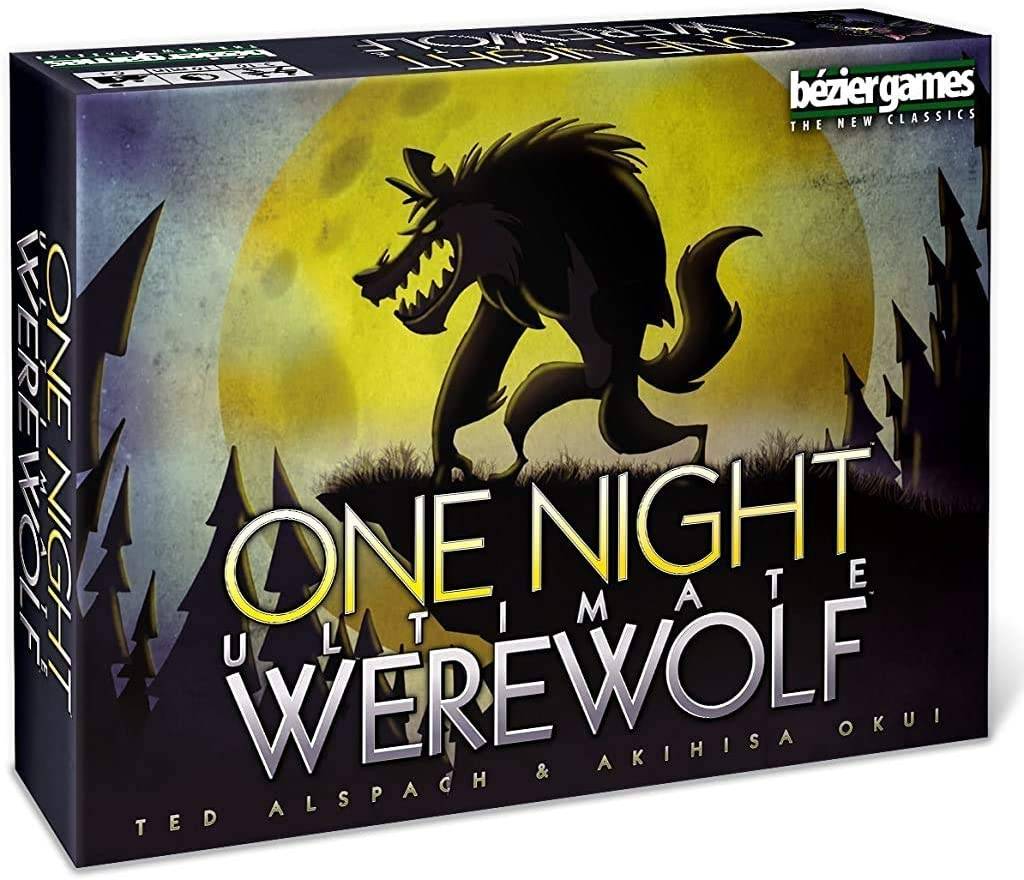
Players: 4-10
Playtime: 10 minutes
One Night Ultimate Werewolf is a fast-paced game where players are assigned secret roles and must identify the werewolves among them. With various roles and abilities, the game encourages lively interaction and accusations, making it a chaotic and entertaining experience. Different themes are available, adding to its versatility.
Monikers
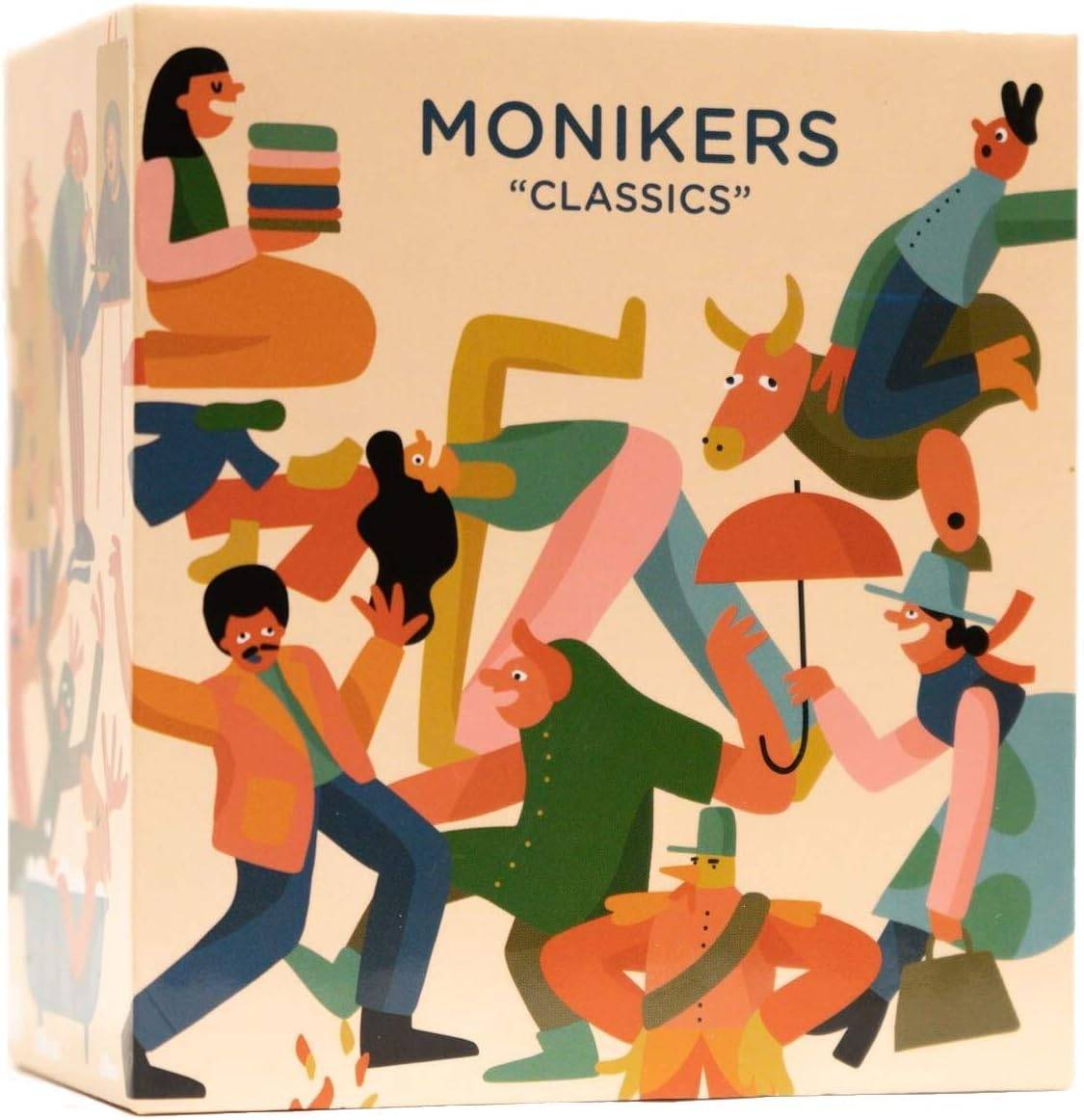
Players: 4-20
Playtime: 60 minutes
Monikers is a charades-like game where players act out characters ranging from celebrities to viral memes. As the rounds progress, the rules become more restrictive, leading to clever in-jokes and memorable moments. The game's focus on humor and interaction makes it a top choice for any party.
Decrypto
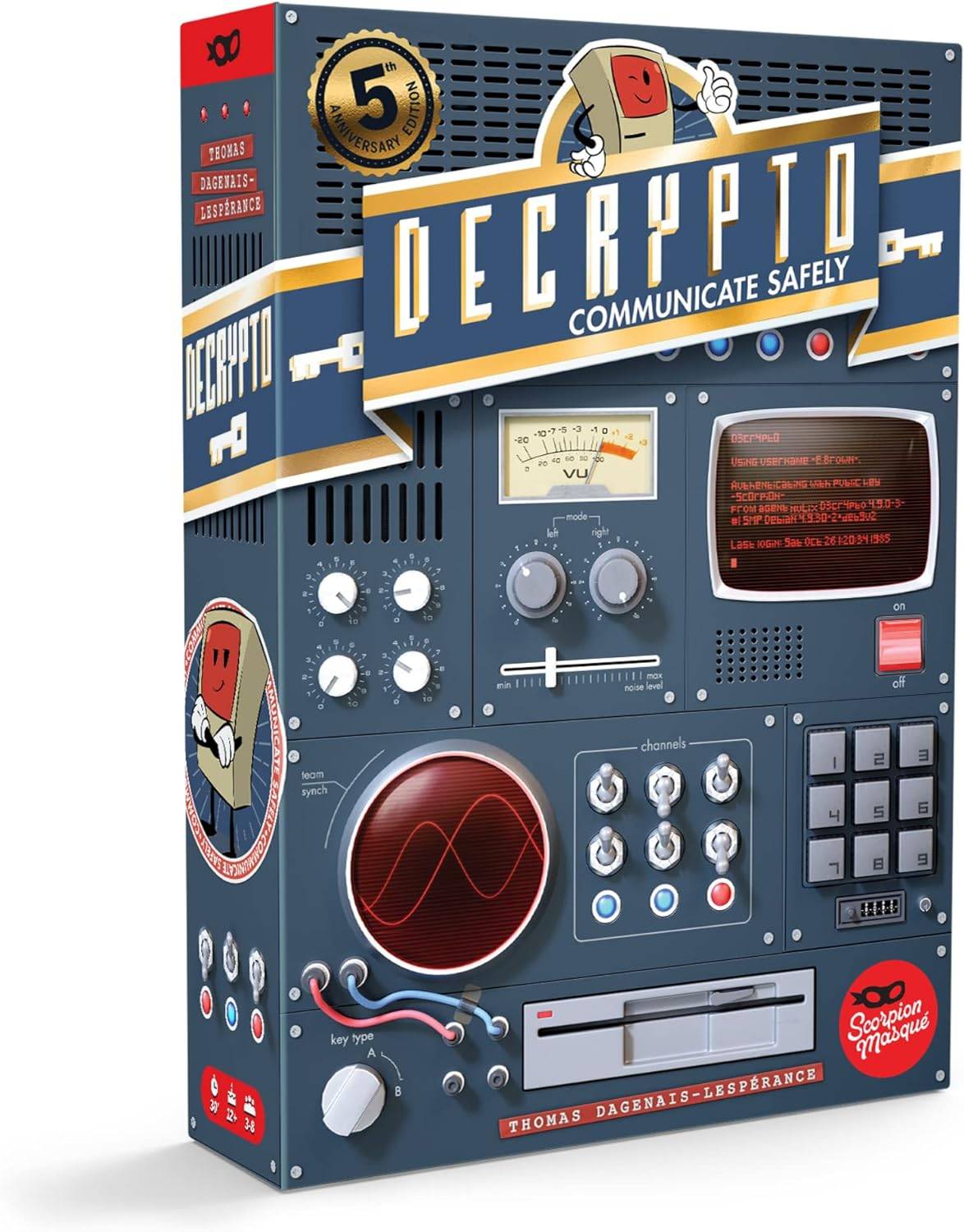
Players: 3-8
Playtime: 15-45 minutes
Decrypto challenges teams to decipher numeric codes through clues given by an encryptor. The game's "interception" mechanic adds a strategic layer, as teams must carefully balance the information they provide. This spy-themed game offers a thrilling and engaging experience for players looking to test their communication skills.
What's the Difference Between a Party Game and a Board Game?
Not all board games are party games, and vice versa. Board games typically cater to smaller groups and focus on strategy or luck, with a structured set of rules and a clear goal. Party games, on the other hand, are designed for larger groups and prioritize social interaction, laughter, and ease of play, often involving activities like charades or trivia. While board games can be competitive and strategic, party games aim to bring people together for a fun and lighthearted experience.
Tips for Hosting Party Games
Hosting party games can be challenging, but with some preparation, you can ensure a smooth and enjoyable experience. To protect your games from wear and tear, consider sleeving cards, laminating player aids, and keeping the game box out of reach. Be mindful of space and snacks, opting for non-messy foods that won't interfere with gameplay.
When teaching games to a large group, choose simple and intuitive titles that can be explained quickly. Consider the dynamics of your guests and select games that suit their preferences and comfort levels. If the group becomes too large or unwieldy, consider splitting into smaller groups or teams. Above all, be flexible and willing to switch games if your guests aren't enjoying the chosen activity, focusing on fostering a fun and engaging atmosphere.

 Latest Downloads
Latest Downloads
 Downlaod
Downlaod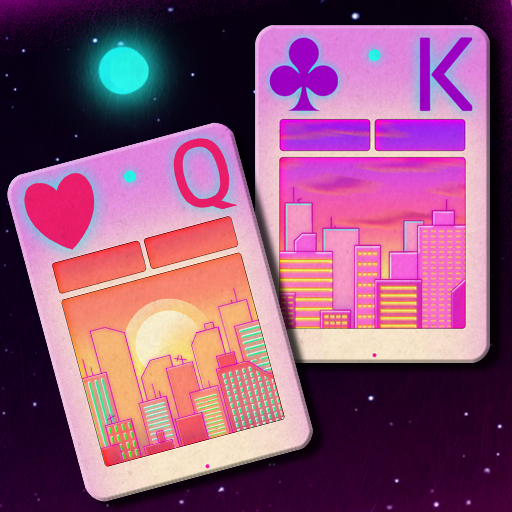
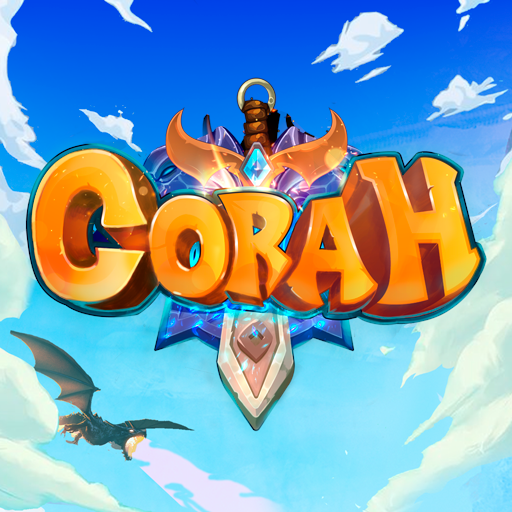

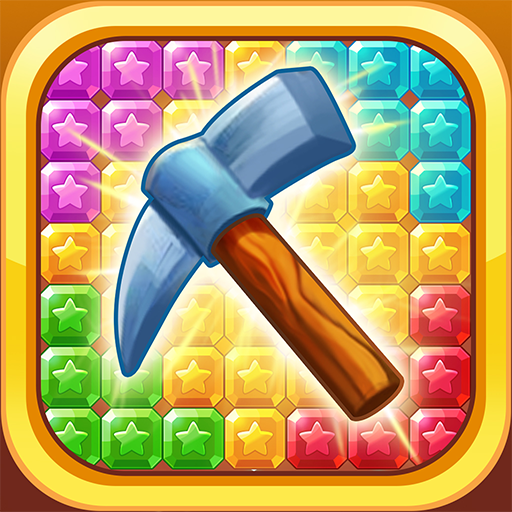
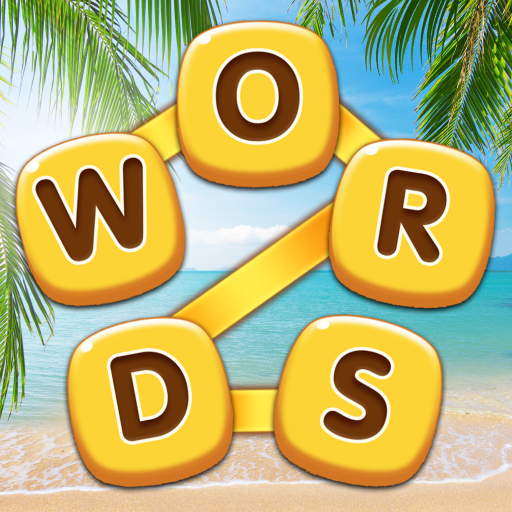
 Top News
Top News